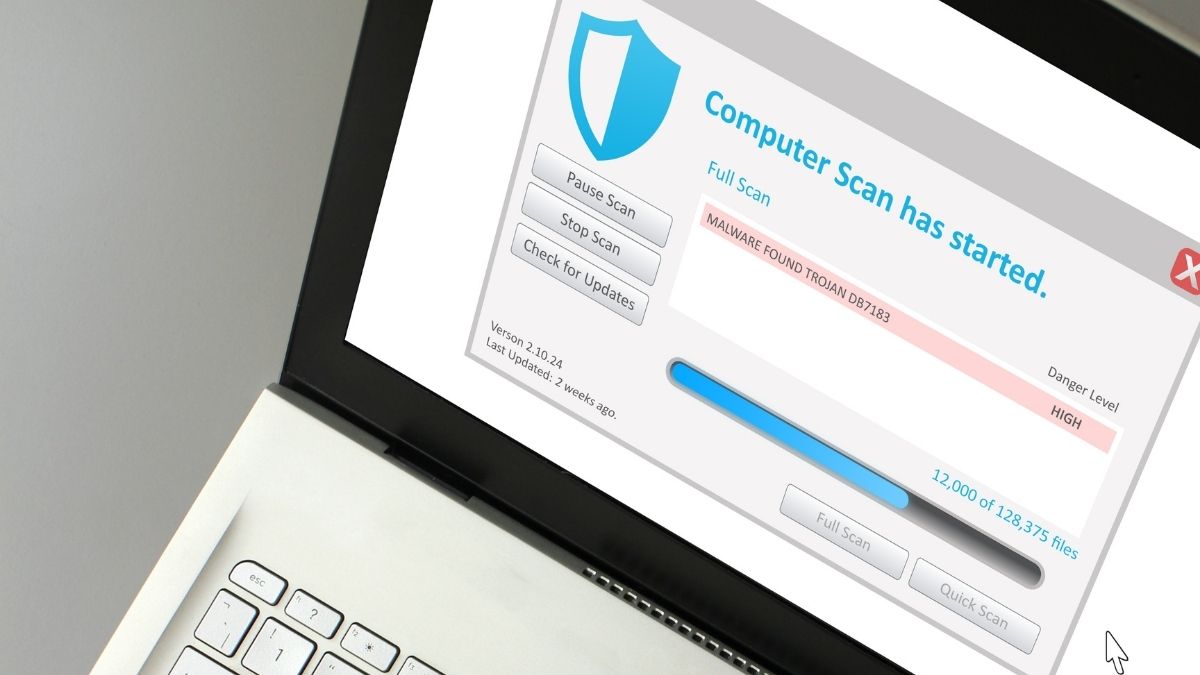Vulnerability scanning uses software to scan for vulnerabilities in a computer and networks. Many applications have critical security flaws in them which can leave your entire network at risk. Before, they were addressed by security patches, recent vulnerabilities in Zoom have allowed hackers to remotely control user’s PCs and flaws in Adobe Reader’s code allowed malicious code to be executed on Windows user’s machines.
Small and large businesses alike can benefit from performing periodic vulnerability scans to check their IT infrastructure is secure. Given the constant risk of cyber attacks and the high cost of recovering from one, vulnerability scans are a cost-effective approach to proactively secure your network by detecting and resolving flaws before they have a chance to be discovered by attackers.
Vulnerability scans can be started manually or on a scheduled basis and can take anywhere between a few minutes to a few hours depending on the complexity of the network which is being scanned.
How Do Vulnerability Scans Work?
The vulnerability scanner compares details about the system being scanned against a database of known potential vulnerabilities and exploits. Checking for anomalies which could indicate a compromised device or network.
The vulnerability scanning application alerts us to any missing security updates, can detect vulnerabilities within code.
Vulnerability scans don’t just detect security flaws in computers, but also in…
- Firewalls
- Routers
- Servers
- Cloud Platforms
- Operating Systems
- Printers
What Are The Benefits Of A Vulnerability Scan?
- Find the Flaws In Your Network
Using a vulnerability scanner allows you to find security flaws on your network. These flaws could be used by hackers to gain access to your network to deliver ransomware, steal customer data, or worse. - Find Vulnerabilities Before Hackers Do
Many hackers are currently running their own equivalent of vulnerability scanners online, looking for open IP ports and exploits in your defences which they can use to compromise your network, so it is important to stay one step ahead by running your own scans and detecting vulnerabilities before a hacker can. - Stay Compliant With Data Protection Regulations
The PCI DSS (Payment Card Industry Data Security Standard) specifically mentions vulnerability scanning in its list of requirements for compliance. Other data protection acts such as the GDPR do not mention it by name but do mention that your organisation must “implement appropriate technical and organisational security measures” which would include identifying and addressing detectable vulnerabilities in your network.
Do Vulnerability Scans Fix Vulnerabilities Automatically?
No, vulnerability scanning does not automatically fix the vulnerabilities detected. A vulnerability scan will generate an itemised report on any vulnerabilities that it has detected, normally ranking them by severity and risk. From that point it is down to your IT department, or a managed IT department like us, to review the vulnerabilities that have been flagged, check that they genuinely are vulnerabilities and not false positives, and then fix them.
Does A Vulnerability Scan Replace The Need For Cybersecurity?
No, a vulnerability scan is not designed to replace your other cybersecurity measures, it is designed to augment them. The scan allows you to check vulnerabilities across multiple devices and networks far quicker than a human would be able to but should not be relied on in lieu of a qualified cybersecurity professional. Rather, regular vulnerability scanning should be considered as just one important aspect of a comprehensive cyber-defence plan that would also include:
- Ransomware Protection
- Antivirus
- Access Control
- Email Security Services
- Firewall Security
Carden IT Services offer regular vulnerability scans as part of our cyber-defence services. We are a Cyber Essentials Certified provider of managed IT services for businesses. To learn more about vulnerability scanning and the other tools and techniques we use to keep our clients safe, speak to our team today!


